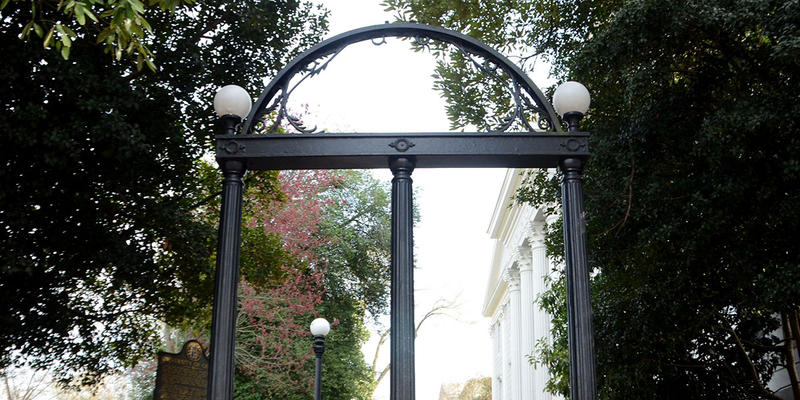Report: Ga. Students Need More Financial Aid Than HOPE Gives

Hear the audio version of this story.
According to a new report from the Georgia Budget and Policy Institute, Georgia’s HOPE scholarship is working well for some college students, but there are many more who need financial aid and aren’t getting it. The report found about a third of Georgia’s public college students receive HOPE or Zell Miller scholarships. Out of the recipients, 30 percent are from low-income homes and 41 percent are from middle-income families.
HOPE is merit-based, meaning students have to earn good grades to get – and keep – it. Students with a “B” average in high school can qualify for HOPE, which covers partial tuition costs. Students with an “A” average and good standardized test scores can qualify for the Zell Miller Scholarship, which pays full tuition.
Those kinds of requirements put HOPE out of reach for some students, the report shows.
“It was really highlighted with the Zell Miller scholarship,” says Claire Suggs, a senior education policy analyst with the GBPI. “Only about 20 percent – or 21 percent – of those students are low-income, compared to about 78 percent of those recipients who are not low-income.”
The report says a needs-based scholarship for students who don’t have the grades for HOPE could help more Georgia students attend college.
“That’s what we kind of want to have a broader discussion about is, ‘What kind of financial aid solutions can we put in place for those students?’” Suggs says.
The state has issued some needs-based scholarships through a program called REACH Georgia. But, the number of REACH scholars is capped at 8 per school district.
By contrast, the HOPE grant provides financial aid for almost three-quarters of Georgia’s technical college students.
The grant used to cover full tuition, but now pays just part of the cost.
“Our concern there is that the award amount itself isn’t adequate to meet the full scope of the financial challenges many of these students face,” Suggs says.
The report suggests restoring the grant to pay full tuition plus fees so students will be more likely to complete their degrees.
9(MDAxODM0MDY4MDEyMTY4NDA3MzI3YjkzMw004))








